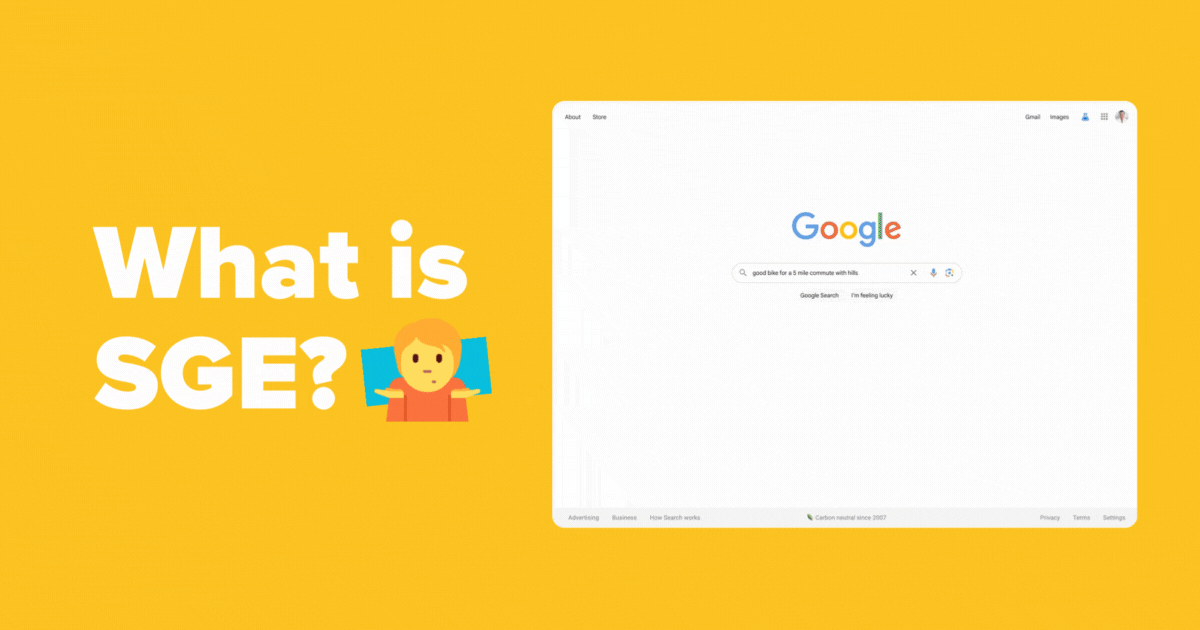
What is Search Generative Experience (SGE)?
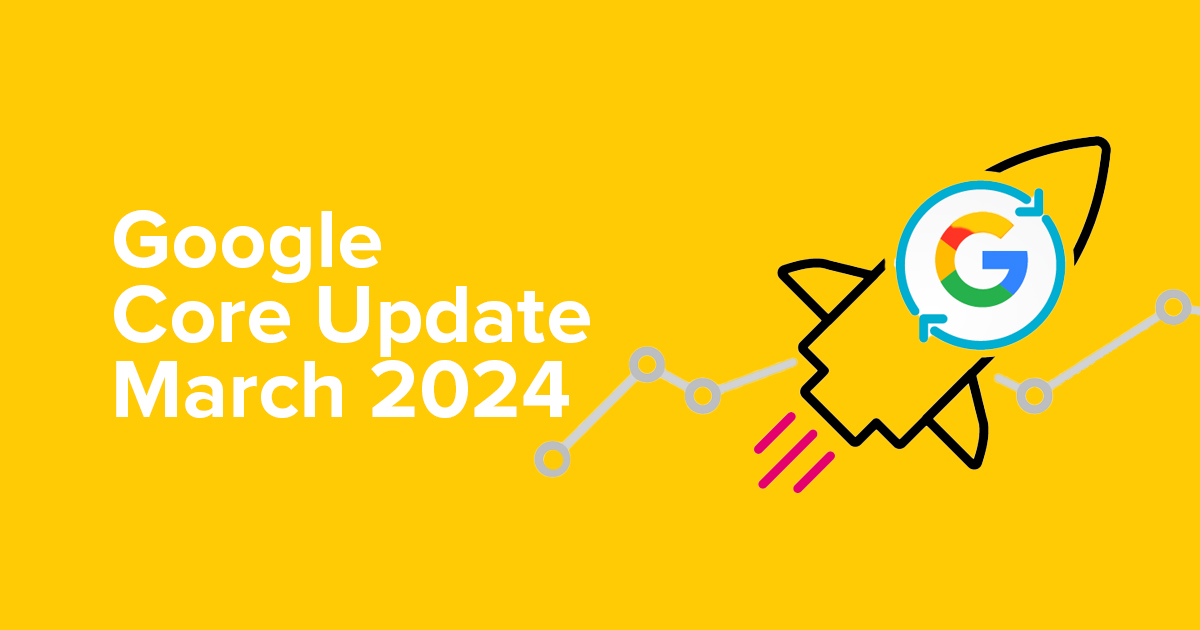
Google Core Update March 2024: Reducing low-quality, unoriginal results

Online Path Triumphs at the 2024 APAC Search Awards: A Testament to Excellence in Digital Marketing
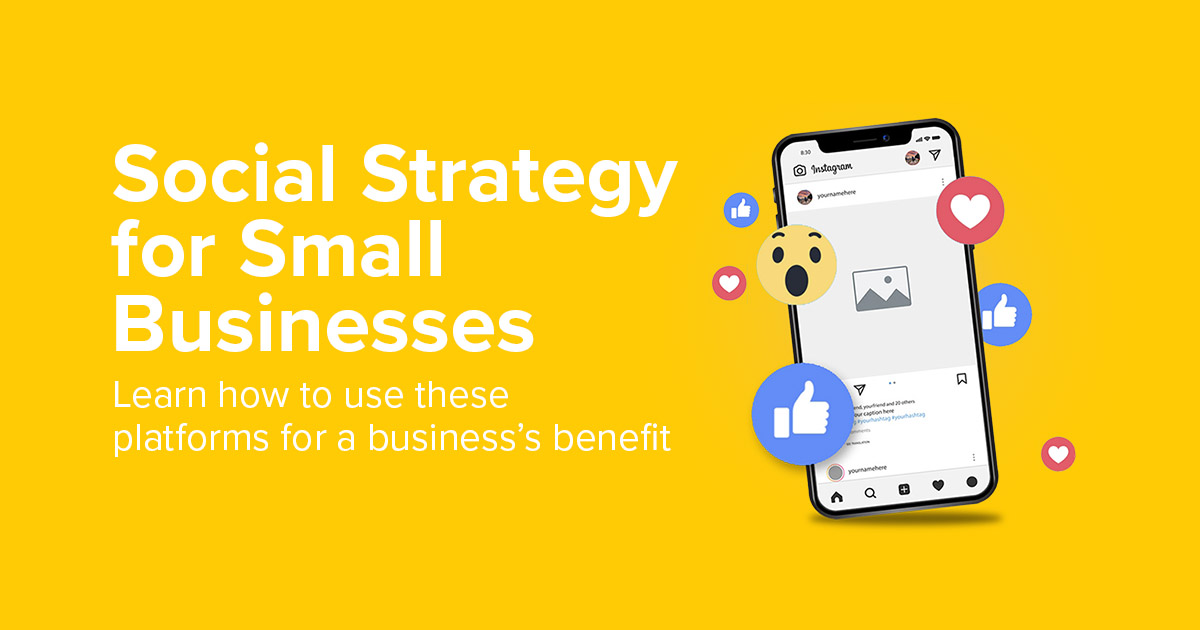
How To: Social Media Strategies for Small Business In 2024
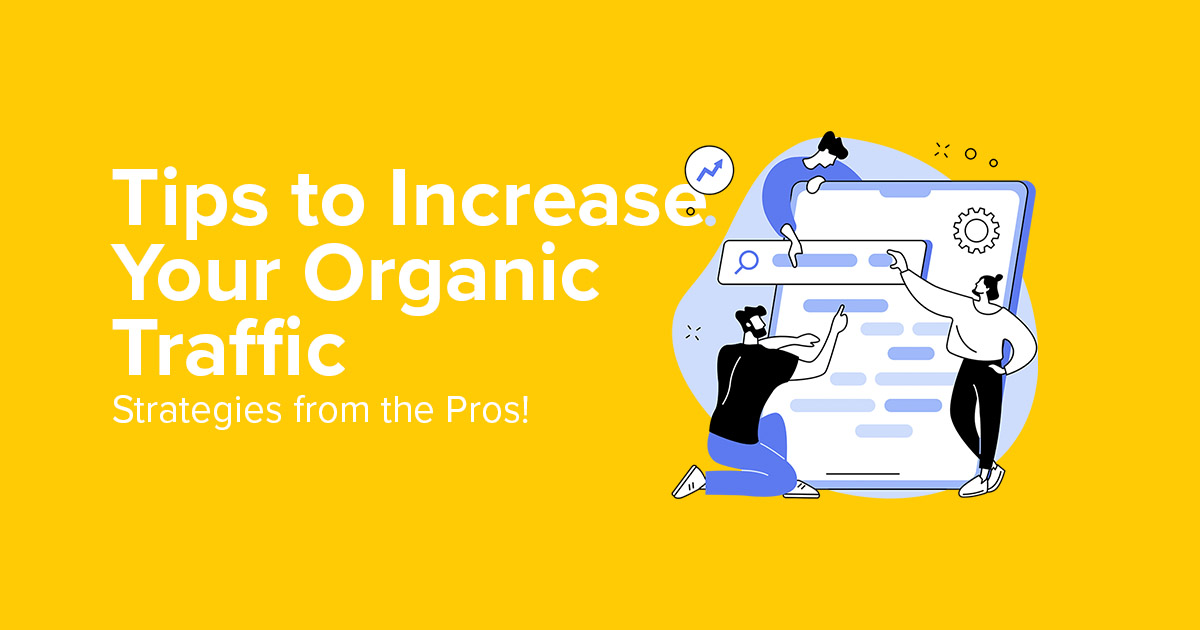
10 Top SEO Strategies For Increasing Website Traffic In 2023
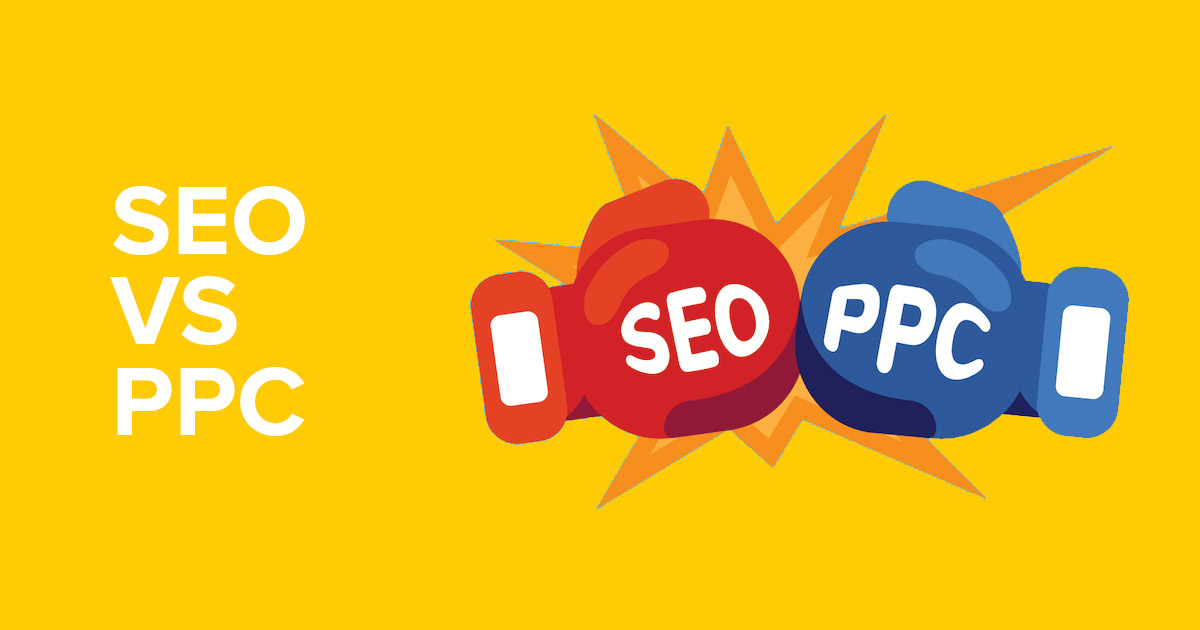
SEO vs PPC: The Dynamic Duel in Digital Marketing

Why Your New Website Absolutely Needs SEO

Elevate Your Business with Google Ads
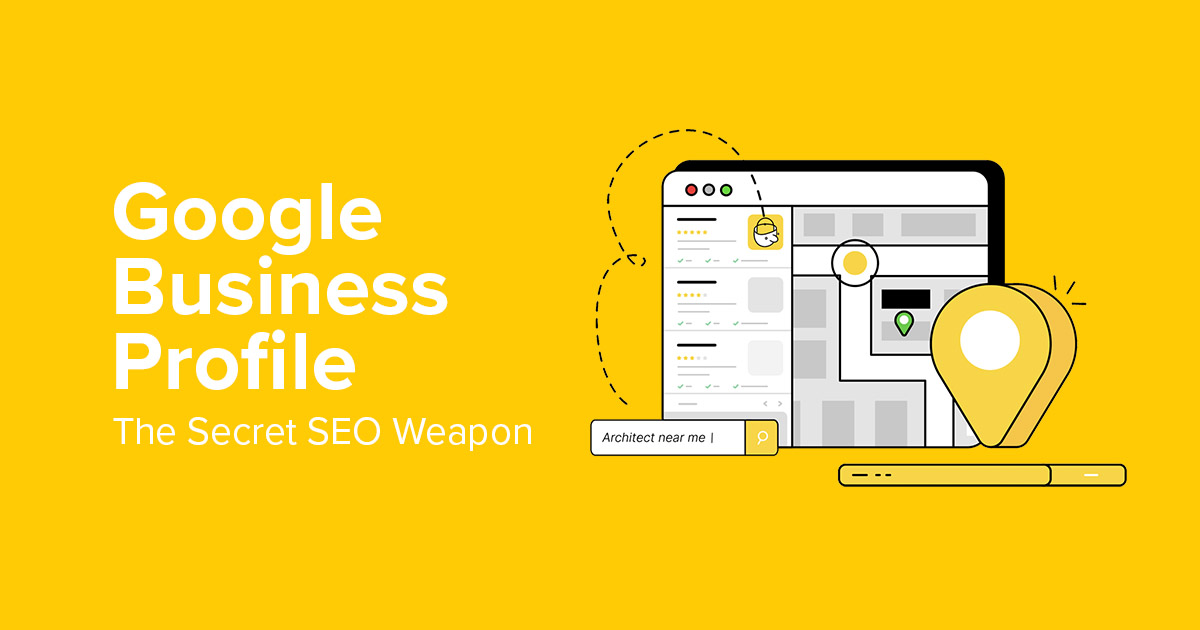
How To: Get Your Google Business Profile To Work Harder
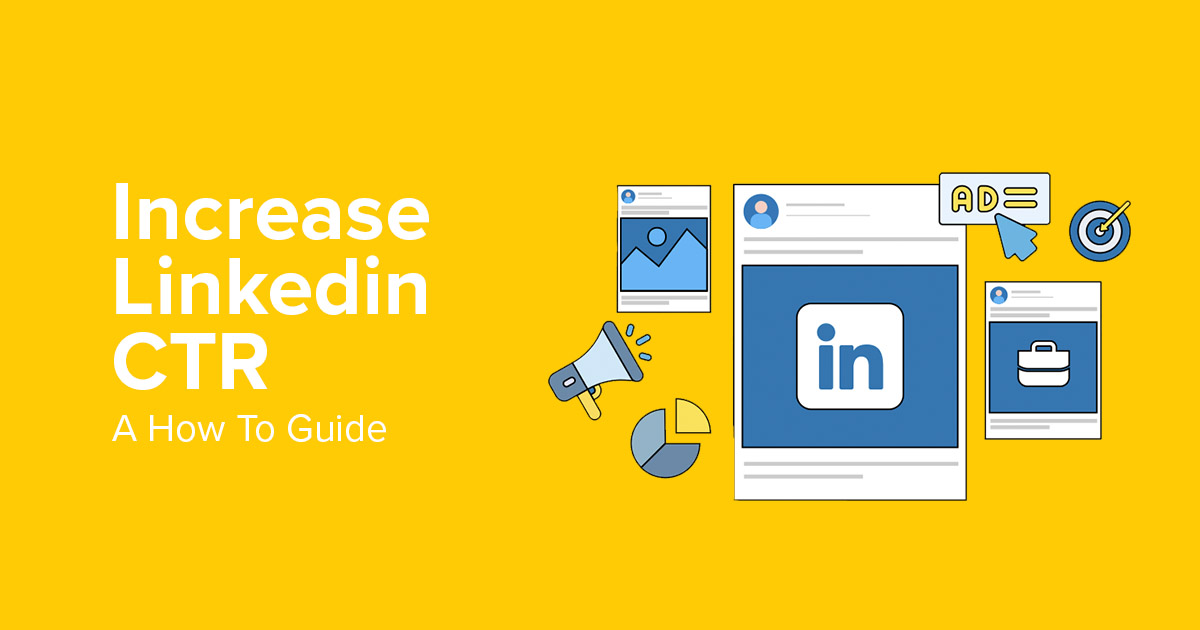
How To: Boost Your LinkedIn Click-Through Rate: A Strategic Guide For 2024
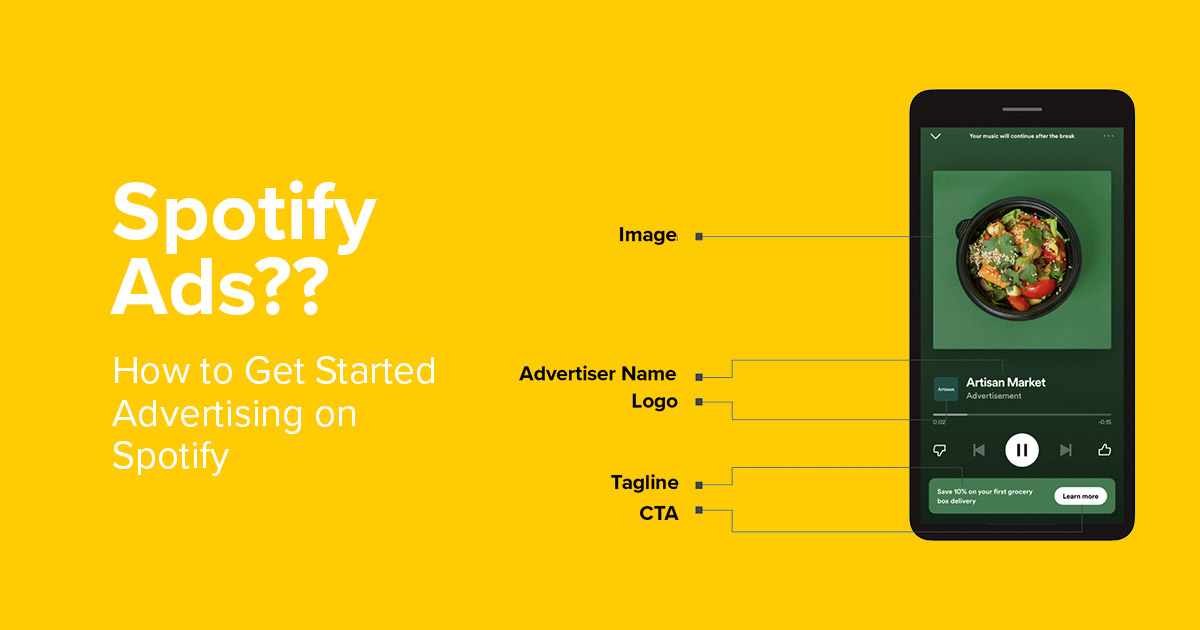
How To: Getting Started With Spotify Ads